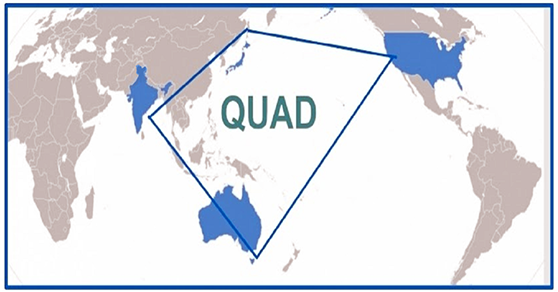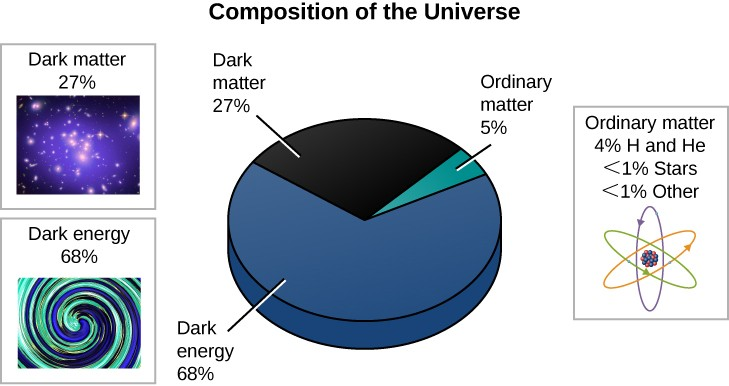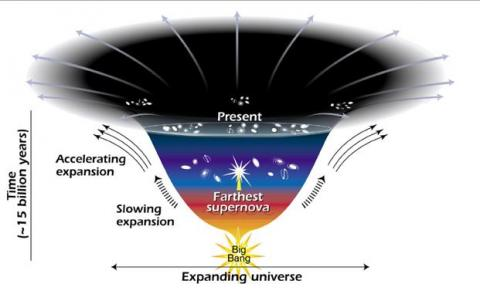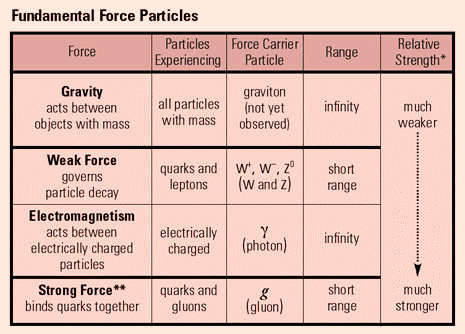International Relations
First in-Person Meeting of Quad Countries
Why in News
Recently, the first in-person meeting of Quad leaders was hosted by the US. Issues like climate change, Covid-19 pandemic and challenges in the Indo Pacific, amidst China's growing military presence in the strategic region, were discussed in the meeting.
Key Points
- Background:
- In November 2017, India, Japan, the US and Australia gave shape to the long-pending proposal of setting up the Quad to develop a new strategy to keep the critical sea routes in the Indo-Pacific free of any influence.
- China claims nearly all of the disputed South China Sea, though Taiwan, the Philippines, Brunei, Malaysia and Vietnam all claim parts of it.
- The South China Sea is an arm of the Western Pacific Ocean.
- In 2020, the trilateral India-US-Japan Malabar naval exercises expanded to include Australia, marking the first official grouping of the Quad since its resurgence in 2017.
- Further, it is the first joint military exercises among the four countries in over a decade.
- In March 2021, the Quad leaders met virtually and later released a joint statement titled ‘The Spirit of the Quad,’ which outlined the group’s approach and objectives.
- Further, just before this meeting, the US has announced a new trilateral security partnership for the Indo-Pacific, between Australia, the UK and the US (AUKUS).
- In November 2017, India, Japan, the US and Australia gave shape to the long-pending proposal of setting up the Quad to develop a new strategy to keep the critical sea routes in the Indo-Pacific free of any influence.
- Major Highlights of the Quad Summit:
- Discussed Afghanistan and agreed to deepen their cooperation in South Asia.
- Quad Vaccine Initiative: Under this, the Quad countries have pledged to donate more than 1.2 billion Coid-19 vaccine doses globally, in addition to the doses financed through Covax.
- Building Back Better Health Security: Supported the call for a "global pandemic radar” to improve viral genomic surveillance and expand the WHO Global Influenza Surveillance and Response System (GISRS).
- Quad Infrastructure Coordination Group: The G7 grouping has recently announced the Build Back Better World (B3W) initiative.
- Based on similar lines, the Quad will establish high-quality infrastructure and will share expertise, capacity, and influence in the region and identify new opportunities to meet the needs there.
- Tackling Climate Change: In this context, Quad countries has envisaged to establish:
- Green-Shipping Network for deployment of green-port infrastructure.
- Clean-Hydrogen Partnership to strengthen and reduce costs across all elements of the clean-hydrogen technology, leveraging existing bilateral and multilateral hydrogen initiatives in other fora.
- Climate Adaptation, Resilience, and Preparedness for increasing the Indo-Pacific region’s resilience to climate change by improving critical climate information-sharing and disaster-resilient infrastructure.
- Apart from this, Quad countries intend to update or communicate ambitious NDCs (Nationally Determined Contributions) by COP26.
- The Quad Fellowship: The Fellowship will sponsor 100 students per year - 25 from each Quad country - to pursue masters and doctoral degrees at leading STEM (Science, Technology Engineering, and Mathematics (STEM) programmes) graduate universities in the United States.
- Semiconductor Supply Chain Initiative: It will be a joint initiative to map capacity, identify vulnerabilities, and bolster supply-chain security for semiconductors and their vital components.
- This initiative will help ensure Quad partners support a diverse and competitive market that produces the secure critical technologies essential for digital economies globally.
- Critical and Emerging Technologies: The announcement of launch of a 5G deployment and calls for monitoring trends in advanced biotechnologies, including synthetic biology, genome sequencing, and biomanufacturing.
- Quad Senior Cyber Group: This group will make shared cyber standards; development of secure software; building workforce and talent; and promoting the scalability and cybersecurity of secure and trustworthy digital infrastructure.
- Satellite Data Sharing: The Quad will begin space cooperation for the first time with a new working group.
- In pursuance of this, Quad countries will start discussions to exchange Earth observation satellite data and analysis on climate-change risks and the sustainable use of oceans and marine resources.
Way Forward
- Need For Clear Vision: The Quad nations need to better explain the Indo-Pacific Vision in an overarching framework with the objective of advancing everyone’s economic and security interests.
- This will reassure the littoral States that the Quad will be a factor for regional benefit, and a far cry from Chinese allegations that it is some sort of a military alliance.
- Expanding Quad: India has many other partners in the Indo-Pacific, therefore India should pitch for countries like Indonesia, Singapore to be invited to join in the future.
Science & Technology
Dark Energy
Why in News
Recently, an international team of researchers made the first direct detection of dark energy. The experiment named XENON1T, is the world’s most sensitive dark matter experiment and was operated deep underground at the INFN Laboratori Nazionali del Gran Sasso in Italy.
- Dark energy is the mysterious form of energy that makes up about 68% of the universe, and has intrigued physicists and astronomers for decades.
Key Points
- About the Experiment:
- The XENON1T is a dark matter research project, operated at the Italian Gran Sasso National Laboratory.
- It is a deep underground research facility featuring increasingly ambitious experiments aiming to detect dark matter particles.
- The experiments aim to detect particles in the form of Weakly Interacting Massive Particles (WIMPs) by looking for rare interactions via nuclear recoils in a liquid xenon target chamber.
- Other Dark Matter and Energy Experiments:
- LUX-Zeplin – a next generation dark matter experiment located at the Sanford Underground Research Facility, US.
- PandaX-xT – project at China Jinping Underground Laboratory.
- Dark Matter And Dark Energy:
- While dark matter attracts and holds galaxies together, dark energy repels and causes the expansion of our universe.
- Despite both components being invisible, a lot more is known about dark matter, since its existence was suggested as early as the 1920s, while dark energy wasn’t discovered until 1998.
- About Dark Energy:
- The Big Bang occurred nearly 15 billion years ago and expanded. Earlier, astronomers believed that eventually the expansion of the Universe will slow down because of gravity and it will recollapse.
- However, data from the Hubble Telescope suggested that the Universe's expansion is accelerating.
- The astronomers theorize that the faster expansion rate is due to a mysterious, dark force or energy that is pulling galaxies apart.
- The term ‘dark’ is used to denote the unknown.
- The following diagram reveals changes in the rate of expansion since the universe's birth 15 billion years ago.
- Possible Explanations of Dark Energy:
- Property of Space: Albert Einstein was the first person to realize that empty space is not nothing.
- One version of Einstein's gravity theory, the version that contains a cosmological constant, implies that "empty space" can possess its own energy.
- Because this energy is a property of space itself, it would not be diluted as space expands. As more space comes into existence, more of this energy-of-space would appear. As a result, this form of energy would cause the universe to expand faster and faster.
- Quantum Theory of Matter: Another explanation for how space acquires energy comes from the quantum theory of matter.
- In this theory, "empty space" is actually full of temporary ("virtual") particles that continually form and then disappear.
- Fifth Fundamental Force: There are four fundamental forces in the universe, and speculative theories have proposed a fifth force – something that can’t be explained by the four forces.
- To hide or screen this fifth force, many models for dark energy use special mechanisms.
- Some theorists have named this "quintessence," after the fifth element of the Greek philosophers.
- However, none of the theories have been proved. Due to this, Dark energy has been noted as “the most profound mystery in all of science”.
- Property of Space: Albert Einstein was the first person to realize that empty space is not nothing.
Note
- The Four Fundamental Forces of Nature are Gravitational force, Weak Nuclear force, Electromagnetic force and Strong Nuclear force.
Important Facts For Prelims
National Mission on Cultural Mapping
Why in News
Recently, the National Mission on Cultural Mapping (NMCM) has been handed over to the Indira Gandhi National Centre for the Arts (IGNCA), which will start a trial run in 75 villages in October 2021.
- IGNCA was established in 1987 as an autonomous institution under the Ministry of Culture, as a centre for research, academic pursuit and dissemination in the field of the arts.
- IGNCA aims to complete mapping in 5,000 villages by the end of financial year 2021-2022.
Key Points
- About:
- The Ministry of Culture had approved the NMCM in 2017 to build a comprehensive database of artists, art forms and other resources from organisations under the Ministry.
- It is aimed at addressing the necessities of preserving the threads of rich Indian Art and Cultural Heritage, converting vast and widespread cultural canvas of India into an objective Cultural Mapping while creating a strong “Cultural Vibrancy” throughout the nation.
- It encompasses data mapping, demography building, formalising the processes and bringing all cultural activities under one umbrella for better results.
- The work on creating a database for folk arts and mapping of heritage of villages would be carried out over five years (From 2017).
- Volunteers from the Nehru Yuva Kendra Sangathan, the National Service Scheme and students of sociology and social work would be deputed to collect such data from villages.
- Other Schemes Related to Art and Culture:
- Kala Sanskriti Vikas Yojana.
- Scheme of Financial Assistance for Promotion of Art and Culture.
- Scheme of Financial Assistance for Creation of Cultural Infrastructure.
- Scheme for Safeguarding the Intangible Cultural Heritage.
- Ek Bharat Shreshtha Bharat.




UPSC coaching center
ReplyDeletefree upsc coaching
ca rahul kumar
free upsc mains notes
Mains booster
Pre cum Mains
GS mains current affairs
GS 2 mains